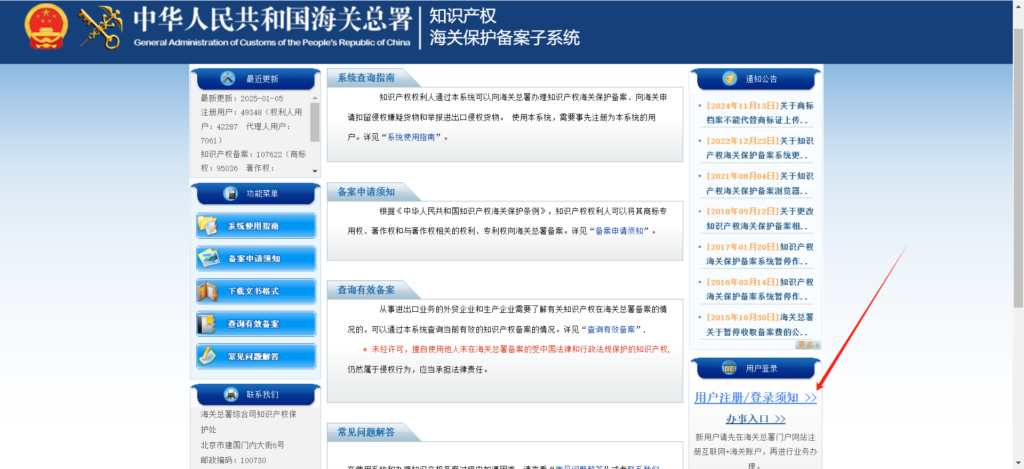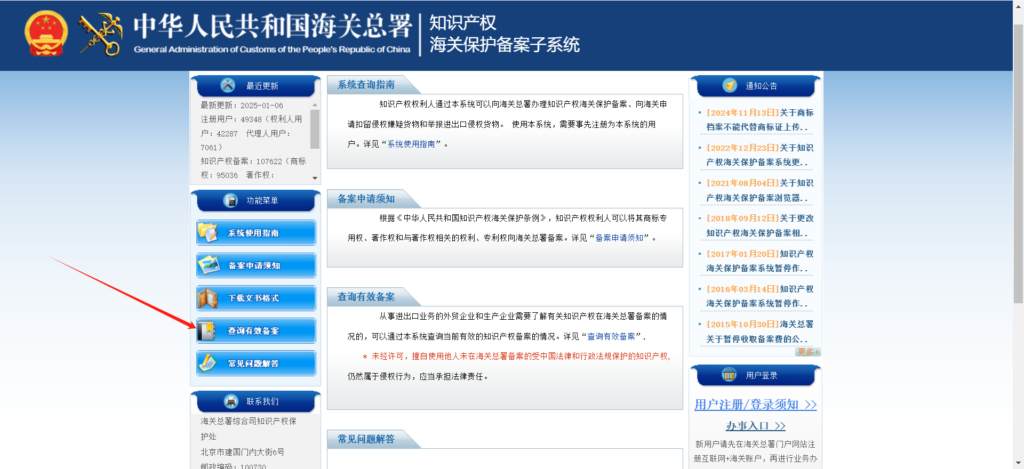Pursuant to the Customs Law of China, China Customs may protect intellectual property rights related to import and export goods according to laws and regulations.
What Kind of IP Can Be Protected by China Customs?
Only the following IP may be registered with China Customs: trade marks (not including service marks), patents (including invention, utility, and design), and copyright.

Types of China Customs IP Protection?
Proactive Protection.
It needs to be REGISTED with China Customs in advance. The Customs is entitled to detain suspected counterfeits and notify the IP owner proactively. The owner should apply with customs for detention and pay bond that is relatively low (up to 100,000 CNY) within 3 working days, and the Customs can investigate and determine if fake or not within 30 working days. If fack, the Customs will confiscate such goods and impose a penalty; if the Customs is unsure if fake or not, they should release the goods after 50 working days from the date of detaining if there is NO order from a court.
Passive Protection.
It does NOT need to be REGISTERED with China Customs in advance. The bond is relatively high (no less than the equivalent value of the goods). The customs only can detain (without investigation) on the request of the IP owners, and must release the goods after 20 working days from the date of detaining if there is no order from the courts.
By comparison, it can be concluded that active protection can provide more effective IP protection for IP owners, but IP registration should be processed in advance. See more about their process as follows:

Process of Proactive Protection.
1. Register Your IP Rights with China Customs
- Why It’s Important: China Customs is empowered to seize goods suspected of infringing registered IP rights. However, they can only act if your IP is registered with them.
- What to Do:
- Register your trademarks, copyrights, and patents with the General Administration of Customs in China (GACC) through the IP registration system. See moe in the official guidline.
- Provide detailed information about your IP, such as:
- ID proof of IP owner;
- POA for a Chinese attorney if the IP owner has NO domicile in China;
- Certificates of IP (trademarks, patents, or copyrights; the evaluation report is required where utility model/ design is claimed);
- Common routes or ports used for shipping your goods (optional);
- Characteristics to differentiate genuine products from counterfeit ones (optional).
- Pay the registration fee of CNY 800 per IPR once the registration is approved (within 30 working days from filing).

2. Monitor Customs Actions
- Once your IP are registered, China Customs will actively monitor imports and exports for infringing goods.
- Customs may:
- Proactively seize goods: If they suspect infringement, they will notify you for verification.
- Act on your tip-offs: You can alert Customs if you know of specific shipments or exporters/importers violating your IP.
3. File a Detention Application
- If Customs identifies suspected infringing goods, they will notify you.
- To detain the goods:
- File an application for detention and pay the required bond within 3 working days.
- Request Customs to send you photos of infringing goods for verification if necessary.
4. Seek for Final Punishment
- After detention, Customs should investigate the detained goods within 30 working days.
- If Customs can’t determine whether the good is infringing or not, the IP owner should request a court to issue an order of injunction or property preservation, otherwise the goods will be released within 50 working days from the date of detention;
- If Customs determines the goods are infringing, they are entitled to confiscate such goods and to impose an administrative penalty (less than 30% of the value of the goods) on the relevant consignee or consignor.
Frequent Asked Questions
Should documents be legalized?
If the IP owner is foreign, the customs does not require notarization of for ID proof, POA, translation, etc.
But if China Customs questions the reality of the documents, they may require notarization.
How to search registered IP by the system of China Customs?
In some cases, such as IP owner’s suppliers, or distributors in mainland China, who want to verify if the IP is registered with China Customs, they can access the database of China Customs.

Feel free to contact us if you need to protect your IP against infringing importers and exporters by China Customs.

